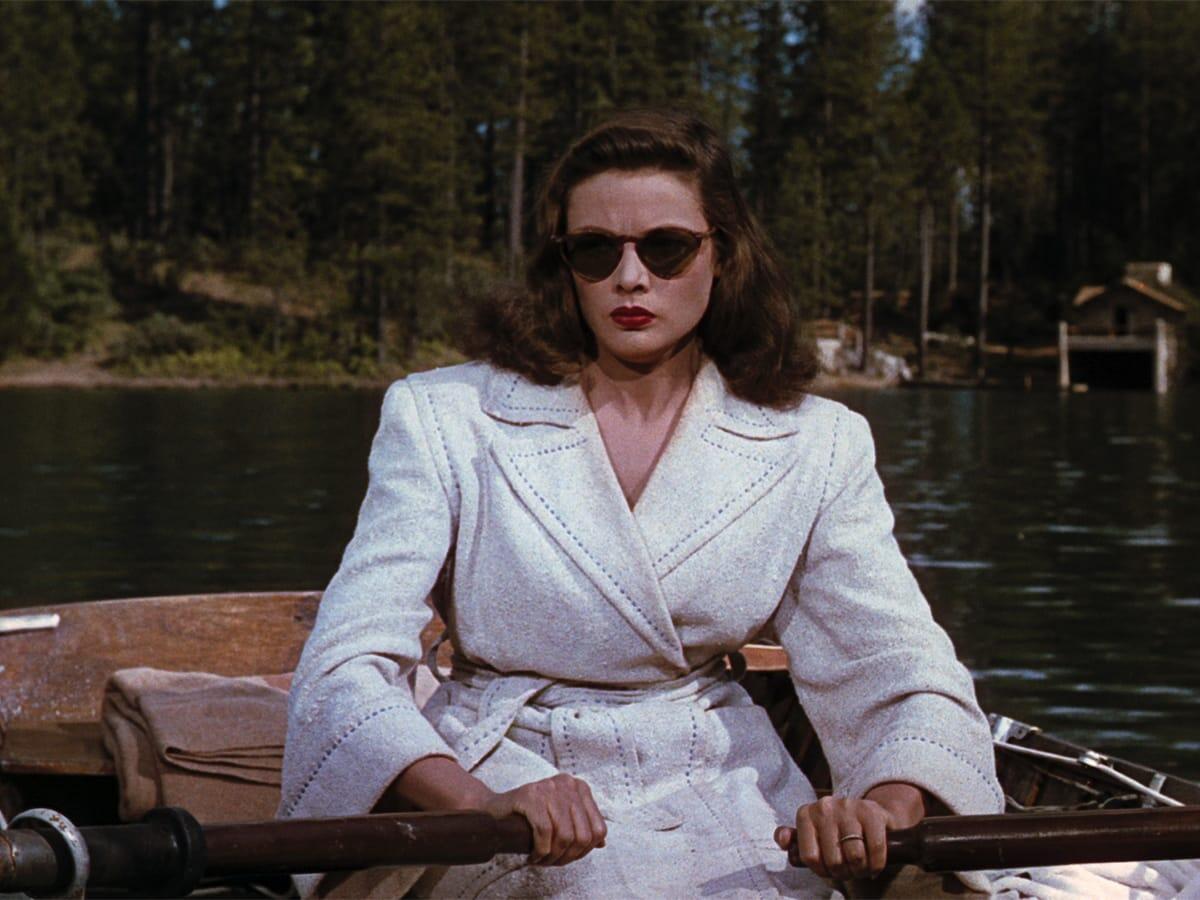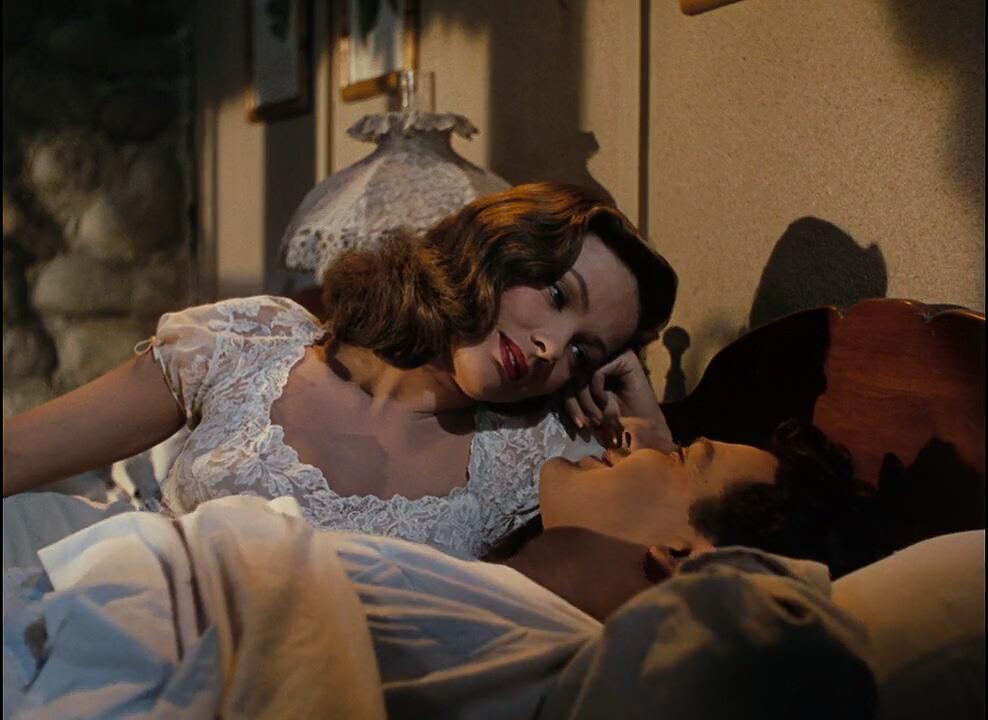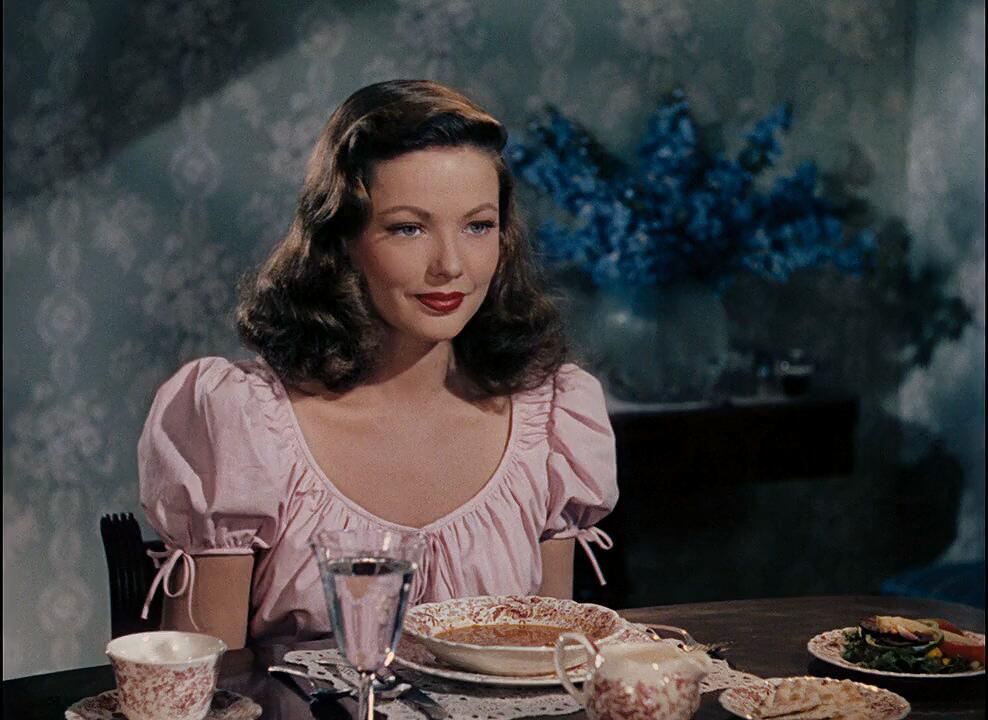[N]or let thy soul contrive
Against thy mother aught: leave her to heaven
And to those thorns that in her bosom lodge,
To prick and sting her.
— Hamlet, Act I, scene V
"There's nothing wrong with Ellen. It's just that she loves too much."
Poor Ellen Berent. She loved her late father very, very much. (Apparently the relationship was close; her adopted sister Ruth says, at one point, that Mrs. Berent adopted her, not Mr. *and* Mrs.) On her way to scatter Dad's ashes, Ellen meets Richard Harland, an author who reminds her so much of her father that she asks him to marry her. Well, okay, she didn't so much *ask* as just announce the engagement, but he goes along with it. Ellen promises Richard, "I'll never let you go. Never, never, never."
The problem is that Richard wants to maintain relationships with friends and family members. Ellen wants herself and Richard to have no one else but each other. She refuses to hire servants, because, she tells Richard, "I don't want anybody else but me to do anything for you." Unfortunately Richard wants his younger brother, recovering from polio, to stay with them. Even worse, he invites Ellen's mother and sister to visit them at their vacation home in Maine. And he wants to spend valuable hours writing his next book, instead of with Ellen. It's all going so wrong.
So Ellen, well, handles the situation.
Leave Her to Heaven is a sort of Technicolor noir, although the beginning of the film seems more like a love story or family drama. Gene Tierney does a wonderful job making Ellen charming and witty, except when her mask slips and her eyes turn dead. Yet the performance never feels like a split personality. It's just that Ellen's notion of love is possessive, and she can't resist doing the wrong thing to keep Richard all to herself.



https://www.imdb.com/title/tt0037865/?ref_=ext_shr_lnk
